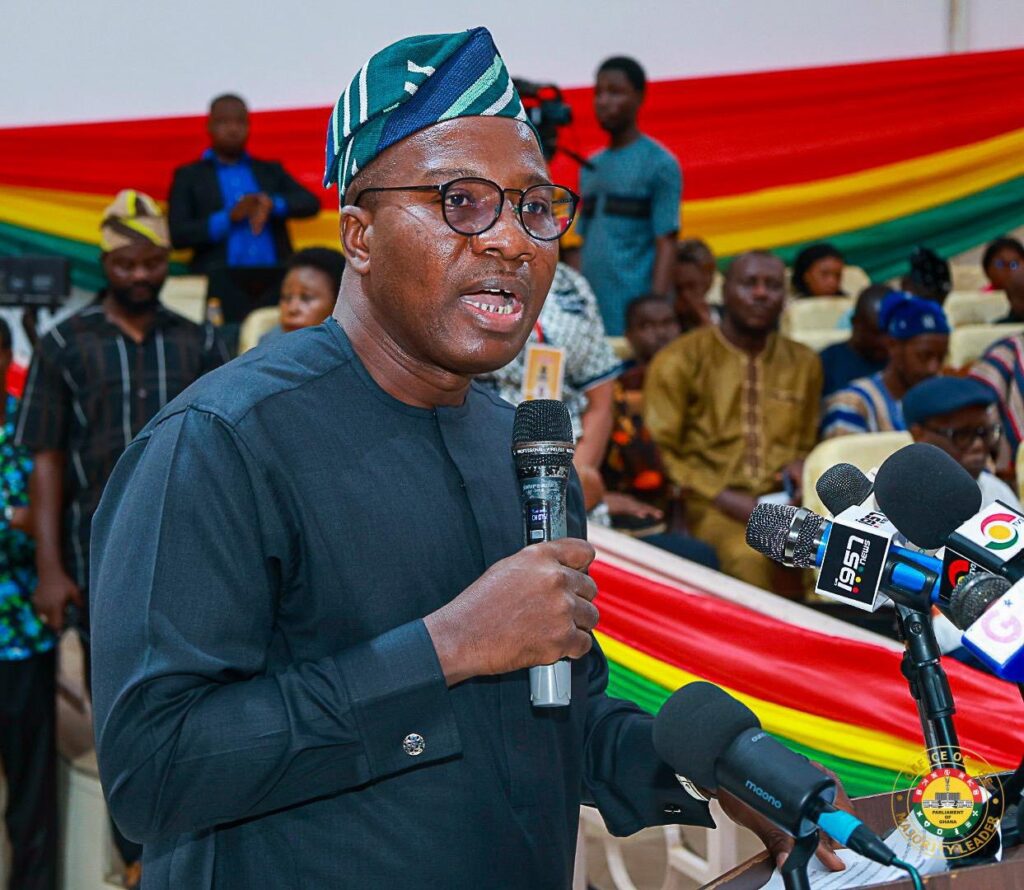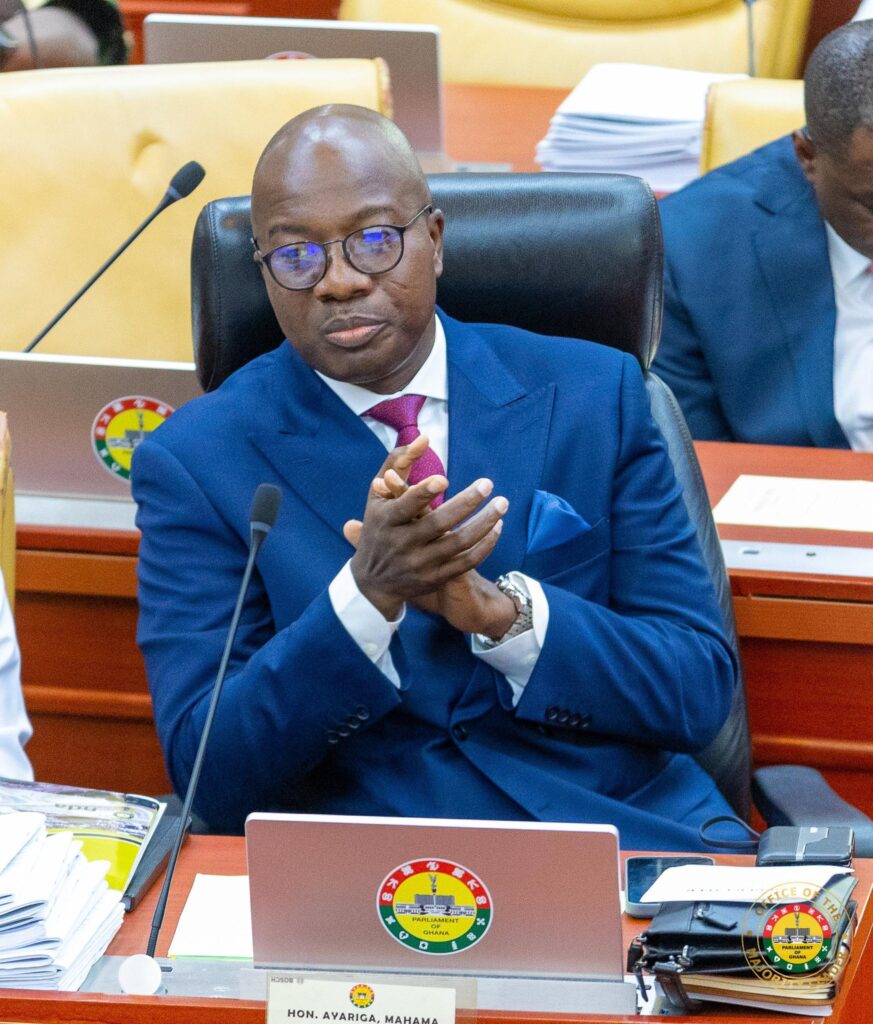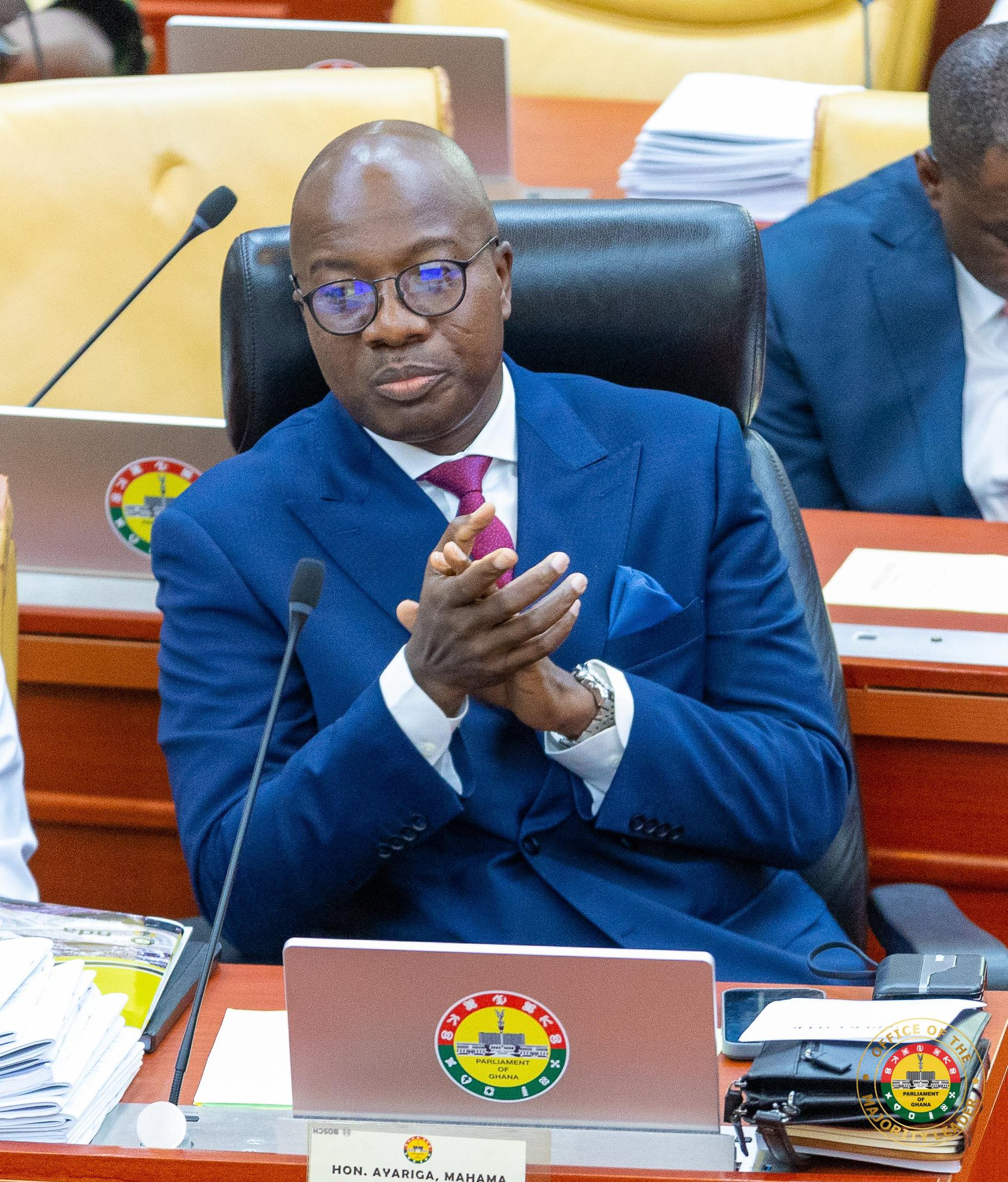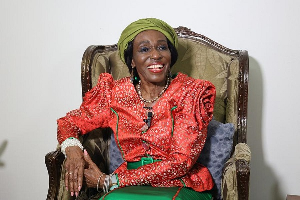The Majority Leader in Parliament, Mahama Ayariga, has disclosed that the Cabinet has directed the reversal of all public universities in Ghana that were renamed under the administration of President Nana Addo Dankwa Akufo-Addo.
Addressing Parliament on Tuesday, October 21, 2025, the Bawku Central MP revealed that a bill will soon be laid before the House to formalise the reversal of the name changes.

“Mr Speaker, there has been a Cabinet directive to change the names of all universities that were renamed after individuals back to their original names,” Mr. Ayariga said.
He added, “A bill will be brought to this House to change and reverse all the name changes of the universities.”
The Akufo-Addo government, during its tenure, renamed several public universities and polytechnics to honour notable national figures.
Among these were the University of Mines and Technology (UMaT) in Tarkwa, renamed the George Grant University of Mines and Technology; the Wa Campus of the University for Development Studies (UDS), renamed the Simon Dombo University of Business and Integrated Development Studies; the Navrongo Campus of UDS, renamed the C.K. Tedam University of Technology and Applied Sciences; and Ho Technical University, renamed Ephraim Amu Technical University.
The renaming exercise sparked debate at the time, with critics — particularly from the then-opposition National Democratic Congress (NDC) — arguing that the move was politically motivated and lacked broad consultation.
The decision to revert to the original names has been described by education observers as an attempt to depoliticise Ghana’s higher education system and preserve institutional heritage.

The Ministry of Education is expected to collaborate with the affected universities to ensure a smooth transition once the bill is passed into law.
The move has generated mixed reactions across the country. Some educationists and alumni groups have welcomed the directive, viewing it as a restoration of historical integrity and academic neutrality.
Others, however, argue that the renaming of universities after distinguished individuals served as a form of national honour that should not be undone. Social commentators say the issue reflects broader tensions over how governments handle legacies and public institutions.
As Parliament prepares to debate the bill, attention will focus on whether both sides of the House can reach a consensus that prioritises national unity and the independence of academic institutions.




